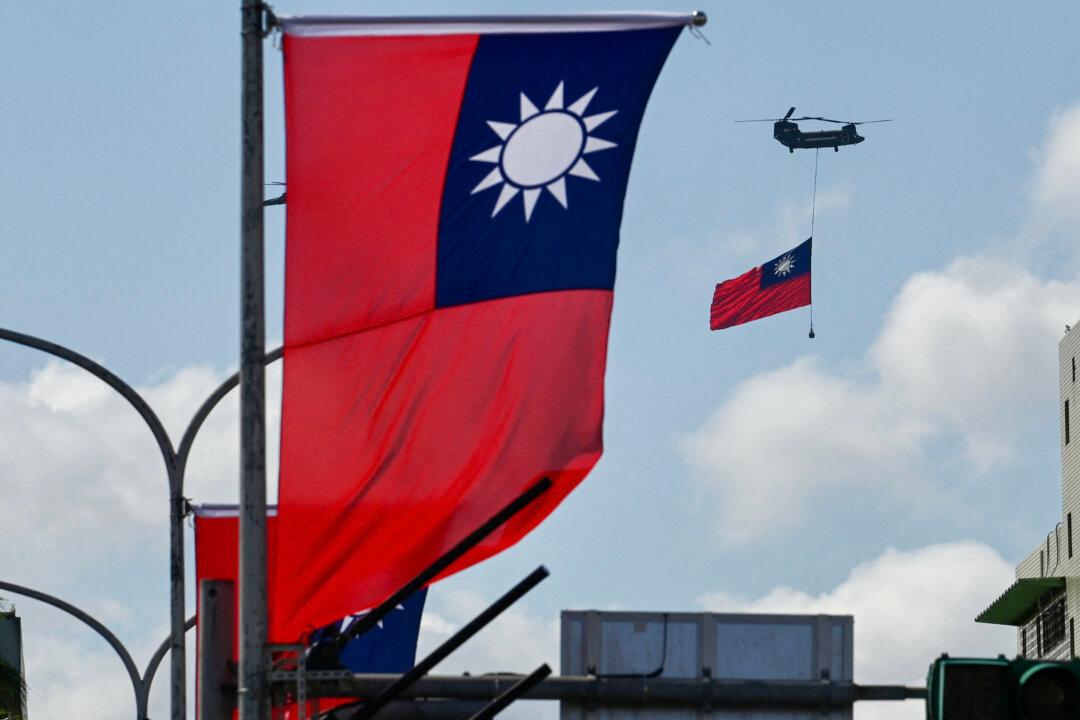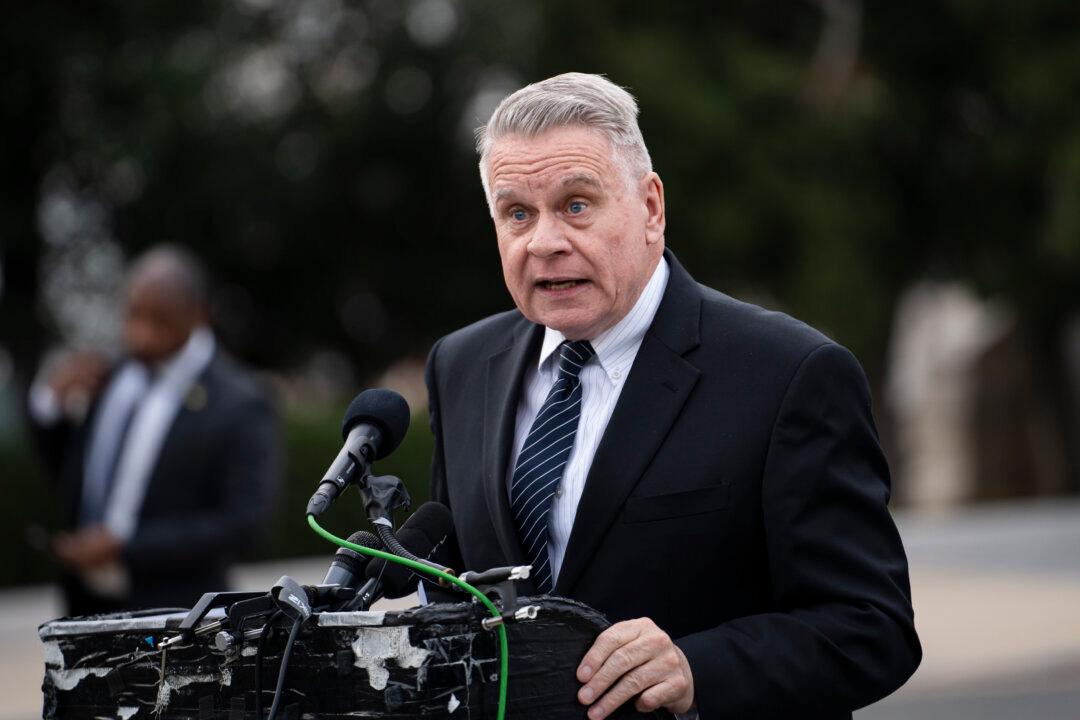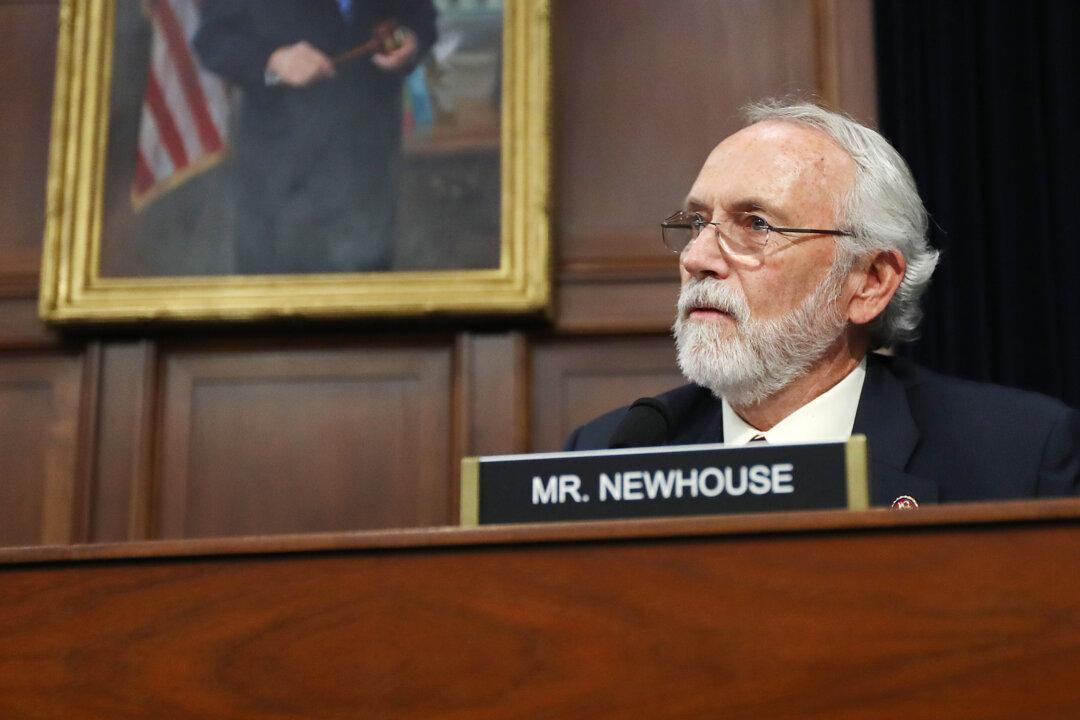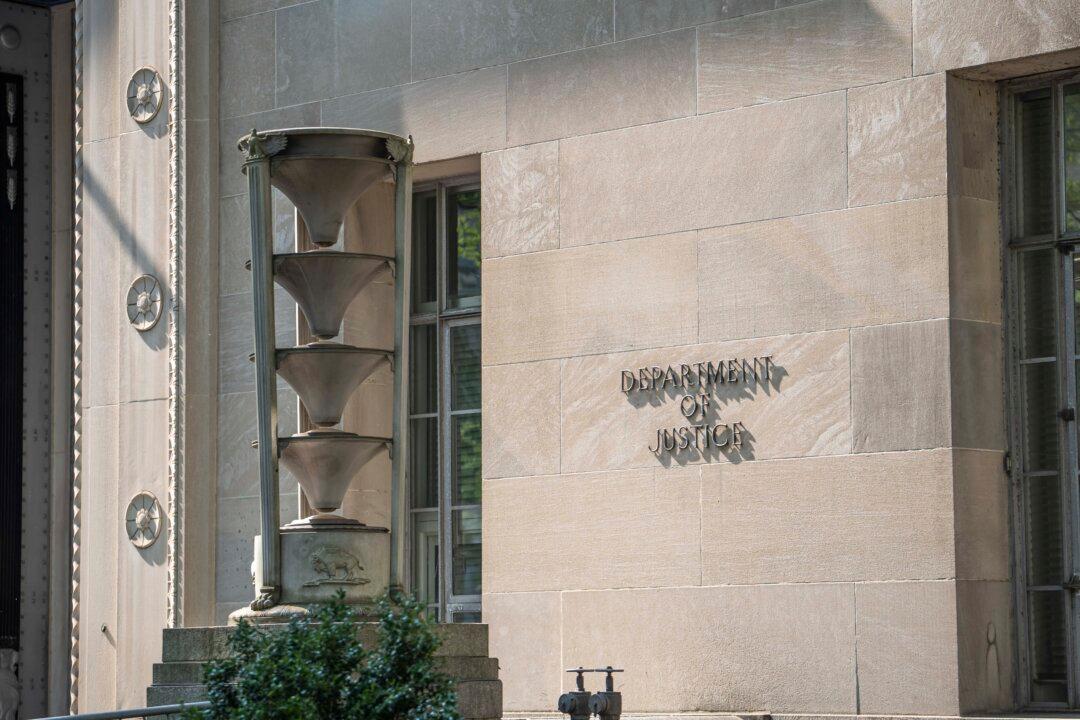Russia’s invasion of Ukraine has made it critically important for Washington to supply arms to Taiwan in the face of Beijing’s invasion threats, according to Rep. Elise Stefanik (R-N.Y.).
Stefanik said the mistake that U.S. President Joe Biden has made with regard to Ukraine shouldn’t be repeated.
“One of the lessons that—frankly, Republicans would have never let this happen, but Joe Biden let happen—was they didn’t get the weapons, munitions, in early enough to Ukraine,” she said.
“We need to be arming Taiwan now. We need to be getting the support to Taiwan now, both as a deterrence, but also making sure that they are armed to self defend.”
Taiwan has been on a heightened state of alert since Russia began a full-scale invasion of Ukraine on Feb. 24, wary that China might make a similar military move to seize the sovereignty of the self-governing island.
Under the alliance, Russia has openly supported China’s claims for Taiwan. A joint communique announcing the partnership on Feb. 4 stated that Moscow “opposes any forms of independence of Taiwan.”
Aquilino said China has “increased maritime and air operations” in what he called a “pressure campaign” against Taiwan.
“We have to make sure we are prepared should any actions get taken,” he said.
Since then, similar sorties have occurred on 18 days, according to Taiwan’s defense ministry. The most recent incursion was on March 27, when three Chinese military planes, including two bombers, entered Taiwan’s southeast ADIZ, prompting the island to deploy its military aircraft and air defense missile systems in response.
In Taiwan, the majority of Taiwanese don’t believe that the island can fend off a Chinese invasion by itself. That belief was shared by 78 percent of 1,077 respondents polled, according to a Taiwan Public Opinion Foundation survey released on March 22.
When asked whether the United States would go to war against China to defend Taiwan, only 34.5 percent of those surveyed said they believed Washington would, while 55.9 percent said the United States wouldn’t.
Washington and Taipei currently aren’t formal allies, and the United States has maintained a policy of “strategic ambiguity,” meaning that the United States is deliberately vague on the question of whether it would come to Taiwan’s defense.
At NATO headquarters in Brussels on March 25, Biden said he had a “straightforward conversation” with Xi. The president noted that he didn’t threaten his Chinese counterpart, but “[made] sure he understood the consequences of him helping Russia.”
“You are dealing with a China that is strengthening their ties to [Russian President Vladmir] Putin prior to the invasion,” Stefanik said, before calling Xi and Putin “authoritarian, blood-thirsty despots” who “see weakness in the United States.”





